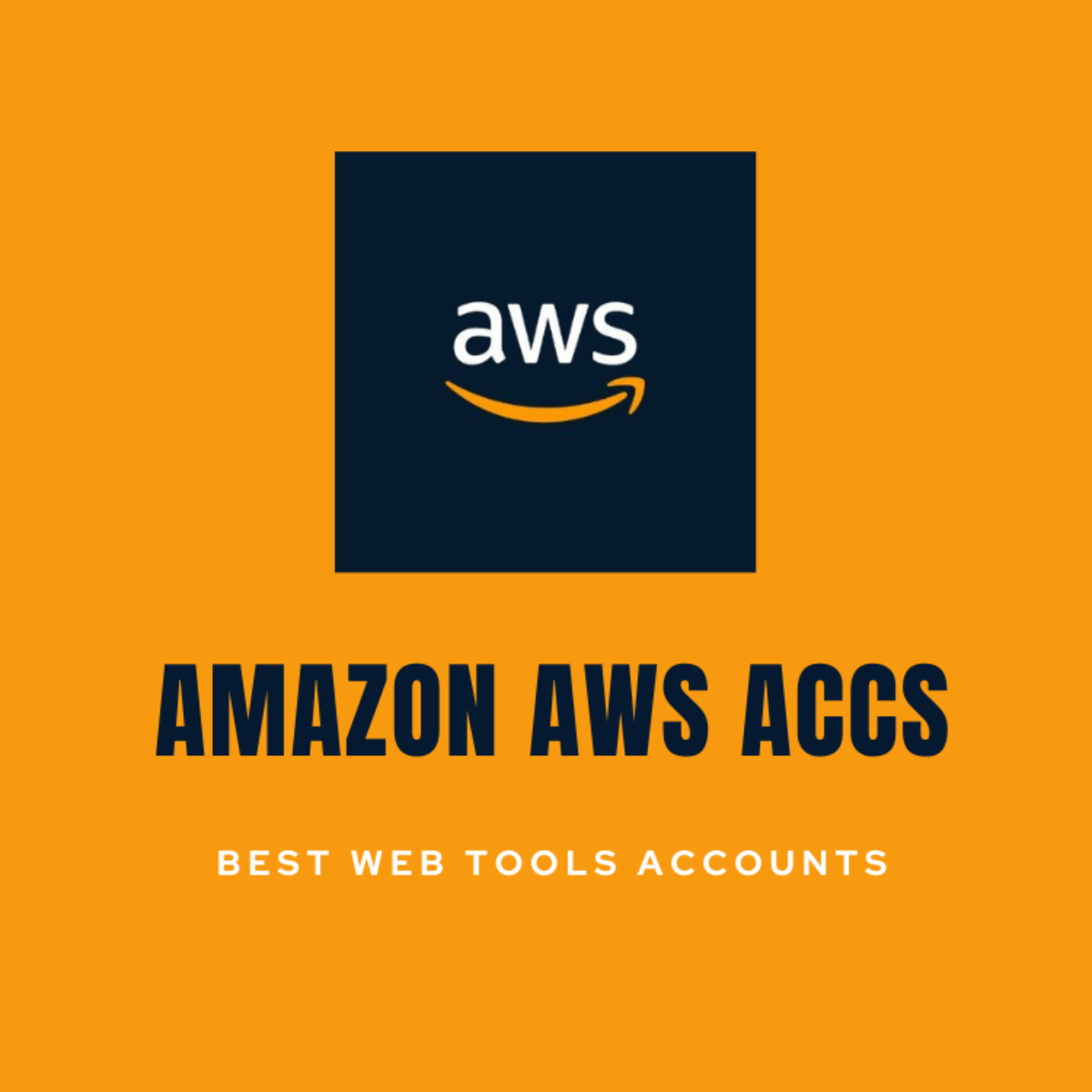Today…again…I was scratching my head over an aws accounts buy mess, for which the owner had paid a bookkeeper many dollars over many years. How did it happen? If you don’t know the basics, you are a sitting duck, my friend. You know, accountants do it on purpose. They use weird words to make you think that they are smarter than you are. To keep you in the dark. Or, the less nasty ones just don’t know better.
Good accountants and bookkeepers want you to learn the lingo. They want to help you make the bling, baby! So, read and learn. Keep this glossary handy as you work with your professional money managers. Use it to begin your journey to financial literacy!
Equity of the company can be held by someone other than the owner. That is called a liability. Because we usually have some liabilities, the accounting equation is usually written…
ACCOUNTS: Business activities cause increases and decreases in your assets, liabilities and equity. Your accounting system records these activities in accounts. A number of accounts are needed to summarize the increases and decreases in each asset, liability and owner’s equity account on the Balance Sheet and of each revenue and expense that appears on the Income Statement. You can have a few accounts or hundreds, depending on the kind of detailed information you need to run your business.
ACCOUNTS PAYABLE: Also called A/P. These are bills that your business owes to the government or your suppliers. If you have ‘bought’ it, but haven’t paid for it yet (like when you buy ‘on account’) you create an account payable. These are found in the liability section of the Balance Sheet.
ACCOUNTS RECEIVABLE: Also called A/R. When you sell something to someone, and they don’t pay you that minute, you create an account receivable. This is the amount of money your customers owe you for products and services that they bought from you…but haven’t paid for yet. Accounts receivable are found in the current assets section of the Balance Sheet.
ACCRUAL BASIS ACCOUNTING: With accrual basis accounting, you ‘account for’ expenses and sales at the time the transaction occurs. This is the most accurate way of accounting for your business activities. If you sell something to Mrs. Fernwicky today, you would record the sale as of today, even if she plans on paying you in two months. If you buy some paint today, you account for it today, even if you will pay for it next month when the supply house statement comes. Cash basis accounting records the sale when the cash is received and the expense when the check goes out. Not as accurate a picture of what is happening at you company.
ASSETS: The ‘stuff’ the company owns. Anything of value – cash, accounts receivable, trucks, inventory, land. Current assets are those that could be converted into cash easily. (Officially, within a year’s time.) The most current of current assets is cash, of course. Accounts receivable will be converted to cash as soon as the customer pays, hopefully within a month. So, accounts receivable are current assets. So is inventory.
Fixed assets are those things that you wouldn’t want to convert into cash for operating money. For instance, you don’t want to sell your building to cover the supply house bill. Assets are listed, in order of liquidity (how close it is to cash) on the Balance Sheet.
BALANCE SHEET: The Balance Sheet reflects the financial condition of the company on a specific date. The basic accounting formula is the basis for the Balance Sheet:
The Balance Sheet doesn’t start over. It is the cumulative score from day one of the business to the time the report is created.
CASH FLOW: The movement and timing of money, in and out of the business. In addition to the Balance Sheet and the Income Statement, you may want to report the flow of cash through your business. Your company could be profitable but ‘cash poor’ and unable to pay your bills. Not good!
A cash flow statement helps keep you aware of how much cash came and went for any period of time. A cash flow projection would be an educated guess at what the cash flow situation will be for the future.
Suppose you want to buy a new truck with cash. But that purchase will empty the bank account and leave you without any cash for payroll! For cash flow reasons, you might choose to buy a truck on payments instead.


